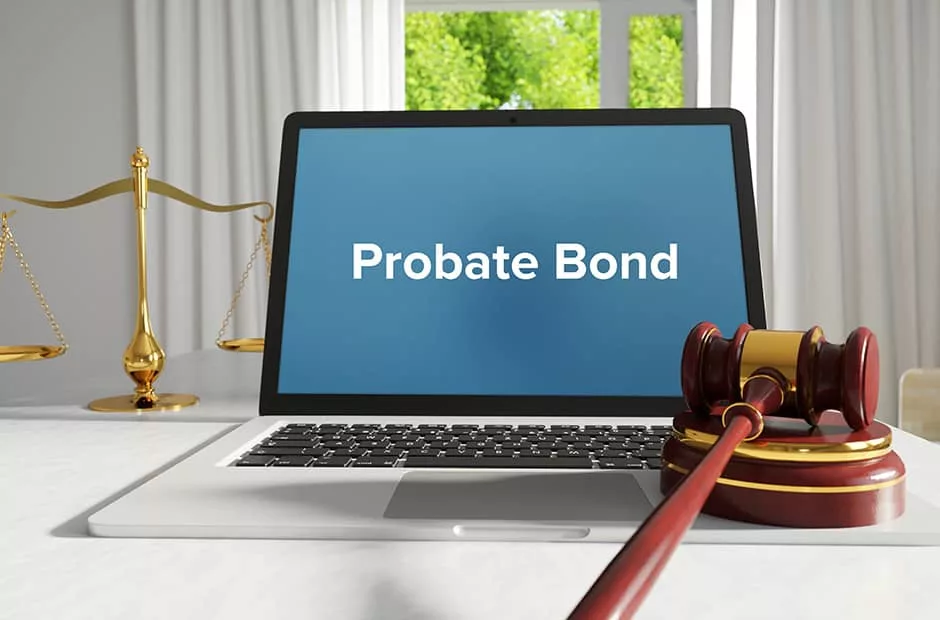Guardian Bonds: When dealing with estate settlements, guardianships, or probate matters, courts often require specific types of bonds to ensure financial protection and compliance with legal responsibilities. Among the most common are Guardian Bonds, Administrator Bonds, and Probate Court Bonds. These bonds act as a safeguard for beneficiaries, heirs, and other interested parties by holding the appointed individual accountable for their duties.
What is a Guardian Bond?
A Guardian Bond is required when a court appoints someone to manage the financial affairs, property, or personal care of a minor, an elderly person, or an individual who is legally incapacitated.
Purpose: It ensures that the guardian fulfills their fiduciary duties honestly and responsibly.
Protection: If the guardian misuses funds or fails to act in the ward’s best interest, the bond provides compensation to cover the losses.
When is it Required?
Courts typically require guardian bonds in cases involving:
Minors inheriting assets
Adults with disabilities needing financial oversight
Elderly individuals unable to manage their own affairs
What is an Administrator Bond?
An Administrator Bond (sometimes called an Executor Bond when a will is present) is required when a person is appointed to administer the estate of someone who has passed away.
Purpose: It guarantees that the administrator will collect assets, pay debts, and distribute the estate according to state laws or the decedent’s will.
Importance: This protects heirs and creditors from potential fraud, negligence, or mismanagement of estate assets.
Key Situations Requiring Administrator Bonds:
When the deceased person did not leave a will (intestate estate)
When the court appoints someone to oversee estate administration
When disputes arise among heirs or beneficiaries
What is a Probate Court Bond?
A Probate Court Bond is a broader term that includes guardian bonds, administrator bonds, executor bonds, and conservator bonds. It is any type of surety bond required by a probate court to ensure proper management of another person’s estate, assets, or legal responsibilities.
Purpose: Provides financial security to beneficiaries and ensures compliance with court orders.
Coverage: If the appointed individual acts dishonestly or fails to perform their duties, the bond compensates the affected parties.
Why Are These Bonds Important?
- Legal Compliance – Most probate courts mandate these bonds before granting authority.
- Financial Protection – Safeguards heirs, wards, and beneficiaries from potential financial harm.
- Trust Building – Provides peace of mind that the appointed person will act responsibly.
Final Thoughts
Whether it’s a Guardian Bond, an Administrator Bond, or a general Probate Court Bond, these surety bonds play a critical role in protecting vulnerable individuals and estates. They ensure that appointed guardians, administrators, or executors carry out their duties lawfully, ethically, and in the best interests of those they serve.
If you’re involved in a guardianship or estate settlement, consult your attorney or a licensed surety bond provider to understand your obligations and secure the right bond required by the court.



